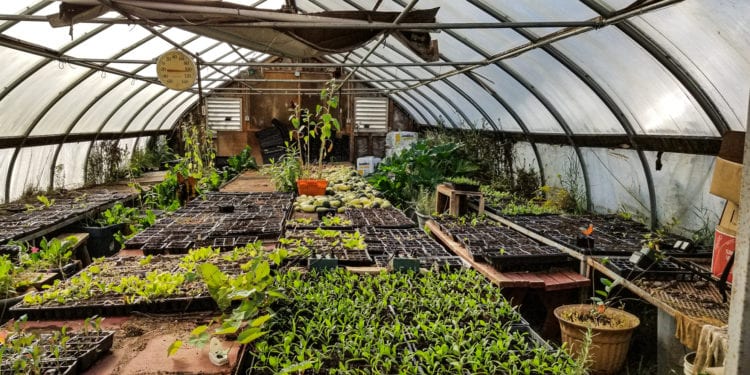VOORHEESVILLE — Do you remember a few months ago, when buying ground beef felt like a futile effort? Or when you were searching for chicken breasts, only to discover every store in a 20-mile radius was out? Our local farmers do too.
Cornell Cooperative Extension of Albany County, an organization that “[puts] knowledge to work in pursuit of economic vitality, ecological sustainability and social well-being,” is using the pandemic as a time to showcase Albany County’s farmers. Samantha Baker, the local agricultural and 4-H manager, said the project aims to bring residents closer to local farmers who sell directly to consumers so people can understand where their goods are coming from.
To view the series, visit http://albany.cce.cornell.edu/agriculture/know-your-farmer.
“I’ve heard a few times how people are a little intimidated talking to farmers at markets or events,” Baker said, “and I realized that so many people don’t know that farmers want to talk about their product. They want you to ask questions and take interest.”
The project entails Baker visiting a local farm, interviewing the farmer and identifying how you can buy goods from that farm directly. She asks about the history of the land, what the farm is known for producing, what its goals are and what the farmer hopes to achieve in the future. By doing this, Baker is breaking down that vast cornfield you see on your commute to human beings; by making it human, you’re able to identify with the people on the other end of the supply chain.
Baker added buying local has its benefits. Not only are you purchasing higher quality goods than you would get from a big corporation, but it’s fresher than the steaks you get at the grocery store. Also, the money goes further; instead of your $5 pork chop getting broken up into a pay day for the distributor, the store and the farmer, all of the money for your meat or your vegetables supports local efforts and ultimately helps boost the economy you live in.
“Once people understand how buying local can improve the area’s quality of life in multiple ways, they are much more likely to drive their funds to someone next door,” Baker said.
Baker said once she is finished with farmers who produce foods, she is taking a look at those who produce other commodities. She hopes the articles allow CCE and local agriculturists to break down some myths and misconceptions about farmers and the goods they produce.
“It all comes down to education,” Baker concluded. “At the end of the day, a farmer’s only goal is to produce a safe product. They want their goods to be used and appreciated.”



